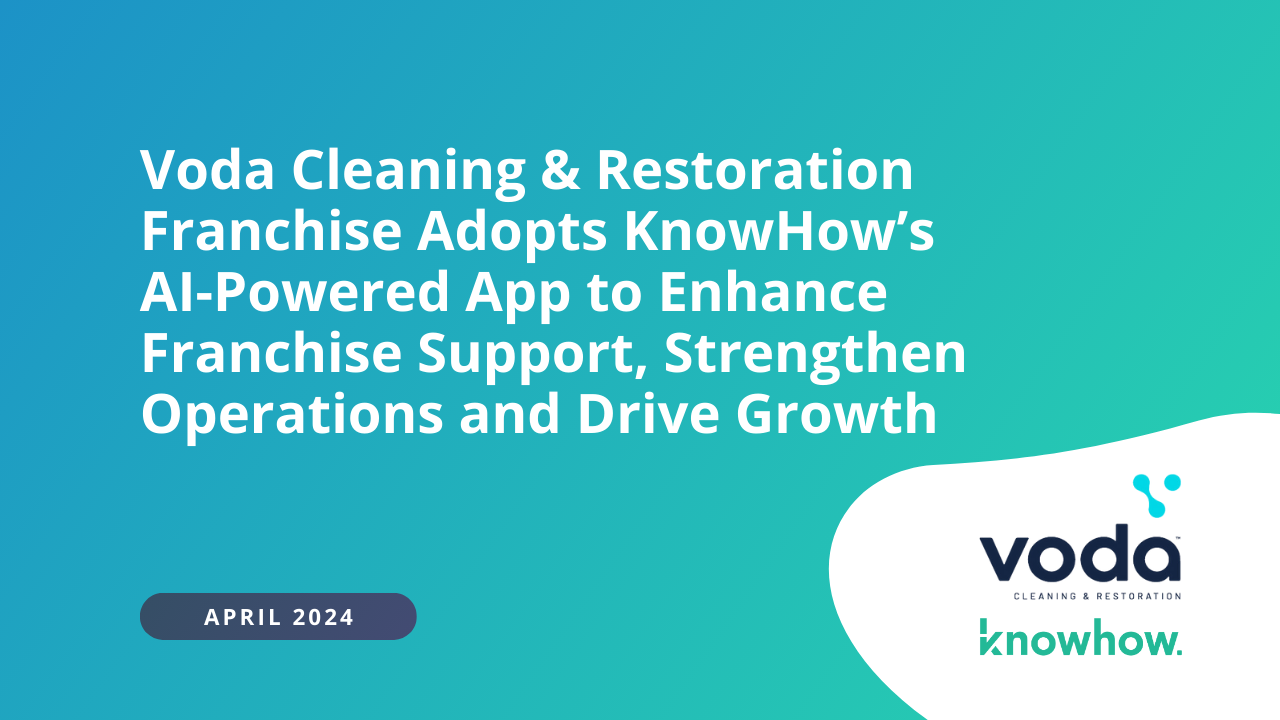Mastering Communication in Disaster Restoration with Spencer Hicks



There's an old saying: if you can get everybody to row in the same way, with the same strength, in the same direction, you can dominate any industry at any time in any economy. For those in the thick of it, like the hardworking teams tackling disaster restoration, being on the same page isn't just helpful—it's vital for success.
Spencer Hicks’ team at Core by KHI Restoration stands as a testament to this. We recently had the pleasure of having Spencer as a guest on “The Restoration Playbook Podcast” where he shared his insights into the art of team building and communication in disaster restoration.
Understanding the Basics of Open Communication
Throughout the episode, Spencer preached a simple yet often overlooked truth: good communication is as essential as any tool in the team's belt. It's about more than just talking; it's about ensuring every word counts.
“We are very intentional about the language we use when we talk about a customer, their project, and the problem and what's going on. I am very intentional about the adjectives that I use. You know, how I phrase things so that I frame this project or this problem in a light that doesn't cause a customer additional stress that's unnecessary."
When leaders make a point to be clear and open, not only with each other internally but with the clients externally, the job doesn't just get done - it gets done right. Clear plans, communicated well from the start, mean fewer mistakes along the way and a quicker return to normalcy in the lives of your clients. By having everyone, from the boss to the new guy, talk in the same straightforward, no-nonsense language, it cuts through the noise and builds a culture of efficiency and exceptional execution.
Selecting the Right Team
We all know that communication isn't just about words; it's reflected in the non-verbal actions and the attitudes of your team. For Spencer, the importance of assembling a crew whose values reflect his organization’s mission often exceeds the desire to push for growth and expansion. A misaligned team can be an anchor hindering progress, where the push for accelerated growth inevitably results in stagnation, potential client loss, and a business that operates far below its potential.
And this isn't solely about broadening the company's horizons; it's also about maintaining the integrity of your team's culture. In our book 'Why Workers Quit', we found that the leading reason employees enjoy being in their roles is the team culture. If this were to shift, it could have a significant impact on retention and the overall health of the organization.

When the team's values are in sync, their actions are, too, and that's when you see efficiency and morale soar.
Driving Sustainable Growth Through Mentorship
Mentorship is the key principle driving Core by KHI Restoration's training routine. The goal is to make sure each team member has the right knowledge - or KnowHow - and communication skills so the business can grow without losing the culture it was built on from day one.
"I'm not a big fan of managers in the corporate sense. I much prefer having mentors showing folks, 'This is how it works,' 'This is why it works.' If you've got people working with you, managing them is one thing, mentoring is something else, and we aim to fill more mentor roles."
In a setting where this open communication between team members, both senior and junior, is valued, growth is carefully supported. Team members are not simply told what actions to take; they are shown how to approach and resolve challenges independently, setting a path for the organization's enduring growth. For Spencer, this strategy is about crafting a team ready for today's tasks and the unknown hurdles of tomorrow, solidifying Core by KHI’s stability and ongoing achievement.
Building a Team of All-Star Communicators
Building a team like this is not as difficult as some make it out to be, and Spencer laid out a blueprint that's as practical as it is effective.
Hiring with Purpose:
Start by identifying candidates who not only have the skills but also share your company's core values. Use targeted interviews to gauge how well they'll fit into your team's culture. If the candidate doesn’t stand out as a good fit for your team, even if they have the practical skills required, they could end up being one of the anchors halting your process in the future.
Training Through Mentorship:
Training is more than just ticking boxes on a checklist; it's about passing on wisdom from one experienced hand to another. Match your new hires with mentors who don't just share your company's values - but those who live them. These seasoned pros show the ropes with a personal touch, making sure the newcomers feel right at home with your team. This mentorship extends upward, with mentors receiving guidance from their leaders, ensuring a top-down culture of continuous personal and professional growth.
Develop Open Communication:
Effective communication is the thread that holds your team’s fabric together. During hiring, listen for candidates who communicate clearly and honestly. Then, center training around open dialogue, where new technicians can ask questions and share insights. Developing this communication culture should be reinforced daily, with mentors in your team guiding the way, showing that good communication is as much about listening as it is about talking. It's a cycle of feedback and learning that keeps a team sharp and connected.
Selective Growth:
Growth should never be pursued for its own sake. Don't chase after figures or hit targets just because you can. Every step you take towards growing your team should be done with a clear purpose and intention, ensuring that each new member is a natural fit for your team. It's about ensuring that each new addition—team members, services, or markets—naturally fits and upholds the company’s culture and commitment to excellence.
Spencer's methodology is clear: invest in the right people, nurture their growth, and maintain open communication channels, all while ensuring your team's culture remains intact. This isn't merely a strategy for steady growth; it's the blueprint for building a resilient team that can withstand the challenges of disaster restoration, with a strong culture that keeps them anchored through any storm.
For a deeper dive into the strategies and tips that Spencer Hicks practices, don't miss the full podcast episode below! If this article or episode sparked a moment of learning for you, please like and share to spread the knowledge!
Want to be the first to know when a new article drops? Register here to stay updated on future publishings and learn from the industry’s biggest and best operators how to build a playbook for success.









